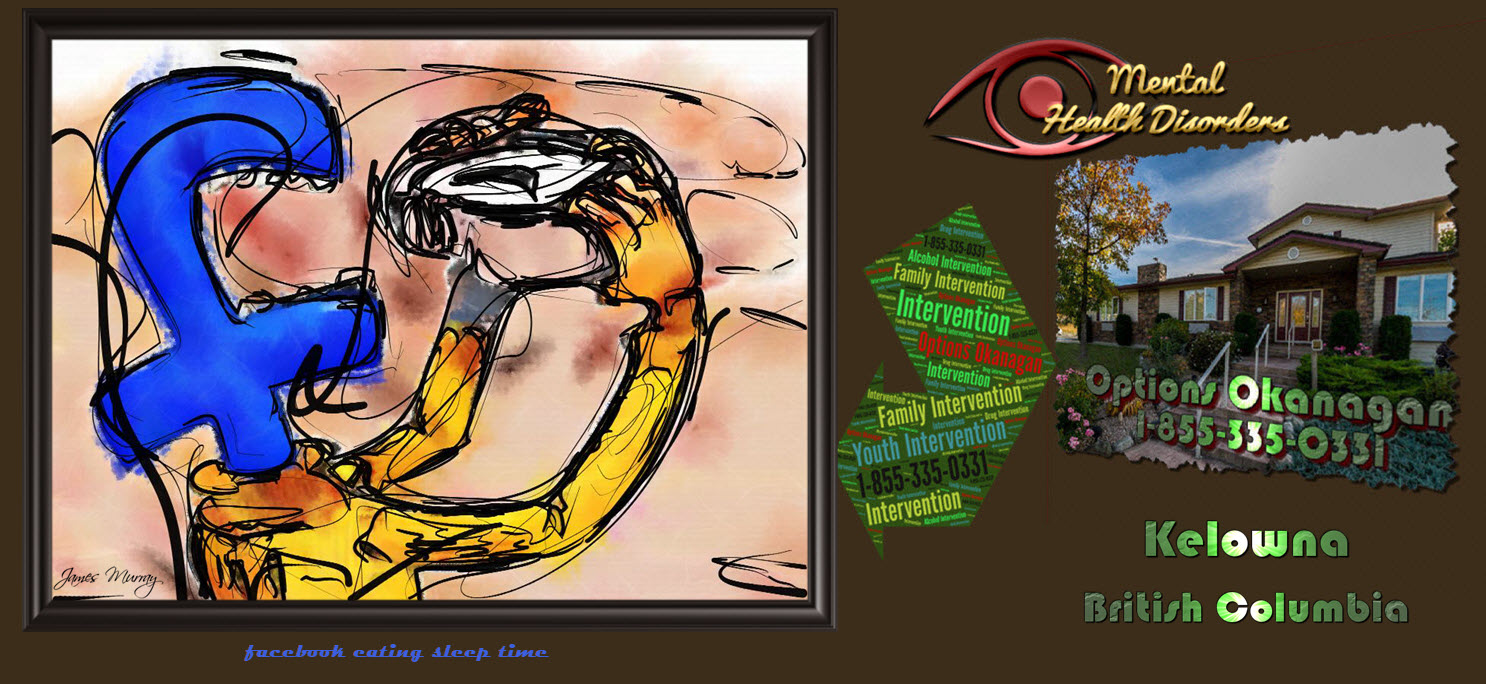Sleep Disorders and Adolescents – Mental health disorders – Drug rehab programs in Alberta and British Columbia – Options Treatment Center in Kelowna, British Columbia treating drug, opiate, fentanyl, heroin, and alcohol addiction and recovery.
Drug Rehabs In Alberta And BC
A sleeping disorder that will affect between 8 to 12 percent of adolescents is called delayed sleep phase syndrome or (DSPS). Most teens outgrow this disorder by the time they reach adulthood. It is estimated that less than one percent of adults have DSP. Often, people confuse this sleep disorder with insomnia.
Mental Health Disorder Programs In Alberta And BC
Left alone, people with this disorder stay awake for extended periods of time, sometimes until 4 or 5 AM in the morning. Teens like to wake up very late in the morning or even till 1 PM or 2 PM in the afternoon. Many teenagers are often called night owls.
Many teens like to sleep late and go to bed late at night. These are the times teenagers prefer socializing with their peers. However, it may also be due to a natural path of the circadian sleep/wake rhythm of their developmental age.
Adolescents with this sleep disorder often find it very difficult to get up to school in the morning. Even if they fall asleep at regular times, say 10 PM or 11 PM, they roll around for hours like a person suffering from a case of insomnia. The difference is that, unlike insomnia, people with delayed phase disorder do not experience insomnia. They find it very difficult to get up early. Teens with this unique sleep disorder get tired during the day and will sometimes fall asleep in class. The main cause of this sleep disorder is unknown. This is known as a problem with the circadian rhythm.
Treatments for this sleep disorder are available for people who need to switch to a more traditional sleep/wake schedule. Treatment types are bright lights, melatonin, chronotherapy, and over-the-counter sleeping medications.
The use of bright lighting therapy for sleep disorders uses light to fool a person’s brain circadian clock. When a person is exposed to the bright light, it alters the circadian rhythm when applied at night within hours of the lowest body temperature.
The use of chronotherapy as a treatment for someone with delayed phase disorder requires a week of sleep. Sleep time is shifted three hours in a row every day. For example, for someone who falls asleep at 2 AM but wants to fall asleep at 11 PM, the bedtime is moved to 5 AM on the first day. The next day, the individual would move at 8 AM and continue this cycle for a week. A teenage boy with a sleep disorder took a week off from school to complete this therapy. Once you’ve reached your desired bedtime cycle, it’s very important to maintain a constant wake-up time.
There are several treatments available, including various medications used to treat delayed sleep disorders. Melatonin has been shown to successfully alter the sleep cycles of people with this sleep disorder. Prescription drugs such as Ramelteon and other sleep medications have been shown to be effective in treating adolescents and adults with delayed sleep disorder.
If your teen has trouble falling asleep and keeps wanting to stay up late, consider the possibility of insomnia first and then maybe a delayed sleep disorder.
Sleep Disorders and Adolescents
Options Okanagan Opiate and Alcohol Treatment Centers in Kelowna, Salmon Arm and Vancouver, British Columbia – Men and Women are recovering and healing from Alcohol and Drug Abuse at our treatment center here in the Okanagan right now.
Our unique and distinctive Opiate Drug and Alcohol treatment program allow men and women to come in from Calgary as well as Edmonton as we offer airport pickup.
Numerous clients come to us from Vancouver, Calgary, and Edmonton and other locations in Alberta and even other provinces for Opiate addiction treatment, heroin drug treatment, many other drugs, and alcohol addictions for rehabilitation because of the uniqueness of our treatment center.
Our (Kelowna) Alcohol and Drug Treatment Program Location:
(Not Mailing Address) – Contact Us – Web Page
For Mail Delivery :: Please contact each center for correct mailing addresses, also this location is the location of our residential treatment programs in Kelowna. Please call Toll Free 1-855-335-0331 – to contact the treatment center you are going to for the address and directions.
Options Okanagan Drug and Opiate Treatment Center
551 Sherrydale Crescent, Kelowna, British Columbia, V1V 2E6
Toll-Free Phone Number: 1-855-335-0331




